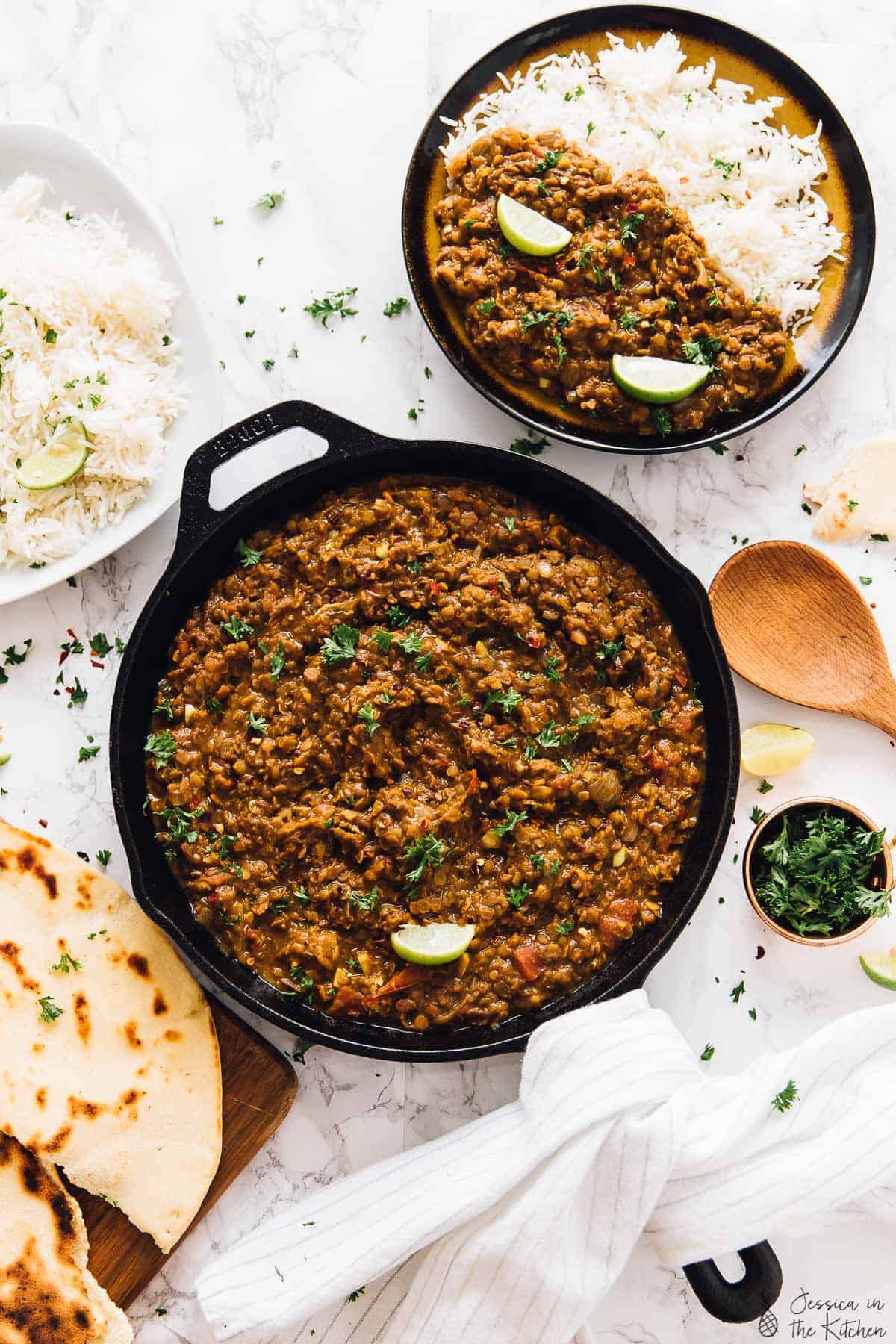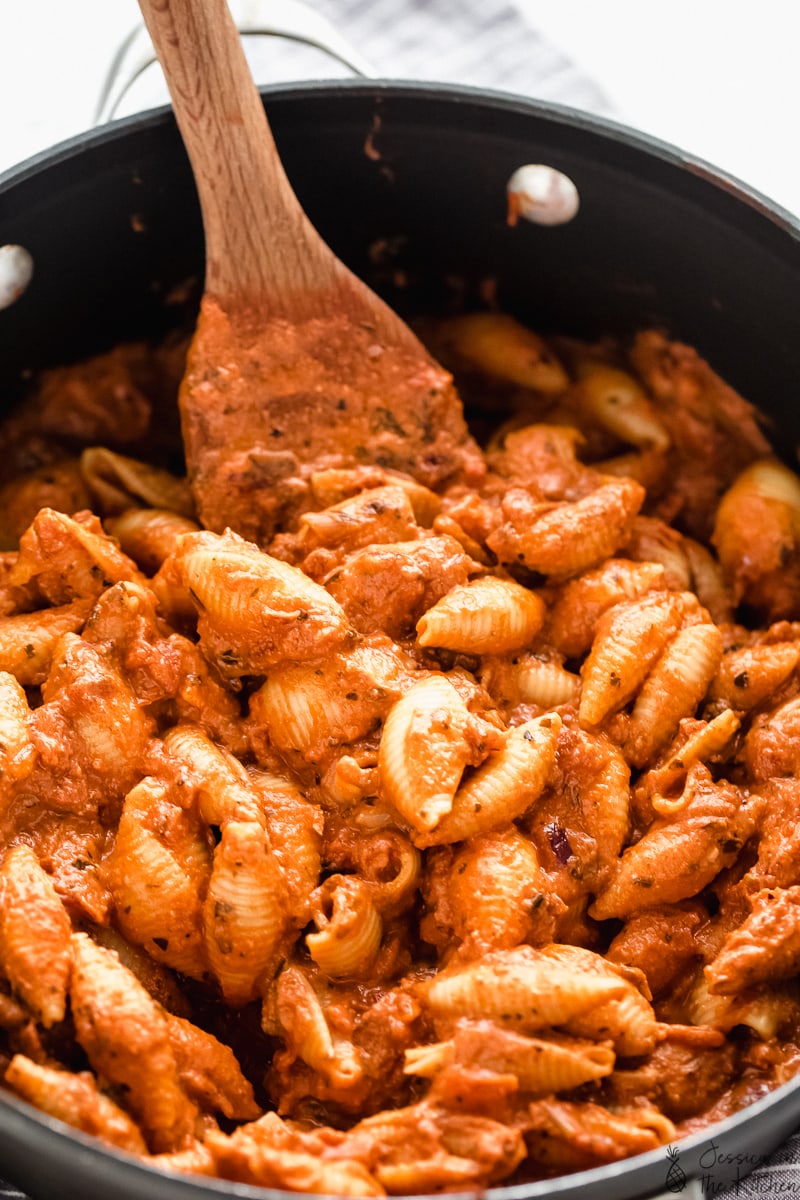
How to Eat Vegan on a Budget: Affordable Tips for a Healthier Life
Share
Switching to a vegan diet doesn’t mean you have to break the bank. In fact, adopting a plant-based lifestyle can be quite affordable if you know the right strategies! Whether you're a newbie vegan or just trying to live more sustainably without draining your wallet, this guide will show you how to go vegan on a budget—without compromising on nutrition or flavor.
Why Going Vegan Can Actually Save You Money
A common misconception is that vegan diets are expensive. While some vegan specialty products can be pricey, most whole plant foods like grains, beans, and veggies are budget-friendly. By focusing on these staples, you can save money and eat a nutritious, balanced diet.
Now, let's dive into 7 proven tips to help you stick to a budget while enjoying a delicious vegan lifestyle.
1. Plan Your Meals Ahead of Time
Meal planning is your best friend when it comes to saving money. By deciding on your meals for the week, you can create a focused shopping list and avoid impulse purchases. Plus, meal prepping can help prevent food waste.
How to Get Started:
- Choose simple meals with similar ingredients (e.g., rice, beans, veggies) to avoid buying too many different items.
- Use leftovers creatively to make soups, stir-fries, or salads.
2. Buy in Bulk
Buying staple items like rice, lentils, oats, pasta, and beans in bulk can drastically cut down your grocery bill. These dry goods last a long time, are highly versatile, and provide excellent nutrition.
Best Items to Buy in Bulk:
- Whole grains (brown rice, quinoa, oats)
- Dried beans, lentils, and chickpeas
- Nuts and seeds
- Frozen fruits and vegetables (for extended shelf life)
3. Shop Seasonal and Local Produce
Seasonal fruits and vegetables are usually much cheaper and fresher than out-of-season produce. Supporting local farmers’ markets can also be a great way to score fresh, affordable produce.
Seasonal Buying Tips:
- Research which produce is in season and stock up on those.
- Freeze seasonal fruits and vegetables to enjoy later (perfect for smoothies or soups).
4. Stick to Whole Foods, Skip Processed Vegan Products

It’s tempting to grab those pre-packaged vegan snacks, mock meats, or dairy-free cheeses, but they can quickly add up. Stick to whole, unprocessed foods, which are not only cheaper but also healthier.
Budget-Friendly Staples:
- Sweet potatoes
- Brown rice
- Lentils
- Bananas and apples
- Leafy greens like kale or spinach
5. Cook in Batches
Batch cooking is another smart way to save time and money. By cooking large portions of meals like chili, stews, or casseroles, you’ll have ready-made meals for the entire week. This method can help reduce the temptation to order takeout on busy days.
Batch Cooking Ideas:
- Lentil soup
- Chickpea curry
- Quinoa and vegetable stir-fry
- Vegan chili
6. Explore Cheap, Protein-Rich Vegan Options
One of the most common worries for new vegans is getting enough protein, but plant-based sources of protein are abundant and inexpensive. Beans, lentils, and tofu are fantastic protein-rich foods that won’t break the bank.
Affordable Vegan Protein Sources:
- Lentils: High in protein, fiber, and iron.
- Chickpeas: Great for hummus, salads, or roasted as snacks.
- Black beans: A versatile option for soups, burritos, and more.
- Tofu: An affordable and flexible plant-based protein.
7. Grow Your Own Veggies
If you have space, consider growing your own vegetables. Even a small herb garden on your windowsill can cut down on grocery costs and provide fresh, organic ingredients. Start with easy-to-grow options like spinach, tomatoes, or basil.
Simple Veggies to Grow:
- Herbs (basil, mint, cilantro)
- Tomatoes
- Spinach and leafy greens
- Bell peppers
Bonus Tips for Staying on Budget as a Vegan
Use Apps to Track Discounts and Coupons
Take advantage of discount grocery apps to find deals on vegan products. Apps like Ibotta, Honey, or Flipp can help you track sales and coupons at your local stores.
Opt for Store Brands
Don’t be afraid to buy generic or store-brand items! They are often just as good as name-brand products but cost significantly less.
Keep It Simple
You don’t need fancy recipes or exotic ingredients to enjoy a tasty vegan meal. Stick to simple, nourishing foods like rice, beans, roasted veggies, and fruit.
Conclusion
Going vegan on a budget is totally achievable with the right approach. By focusing on whole, plant-based foods, buying in bulk, and planning meals in advance, you can enjoy a nutritious and affordable vegan lifestyle. So, take that first step toward health and sustainability—without worrying about your wallet!
